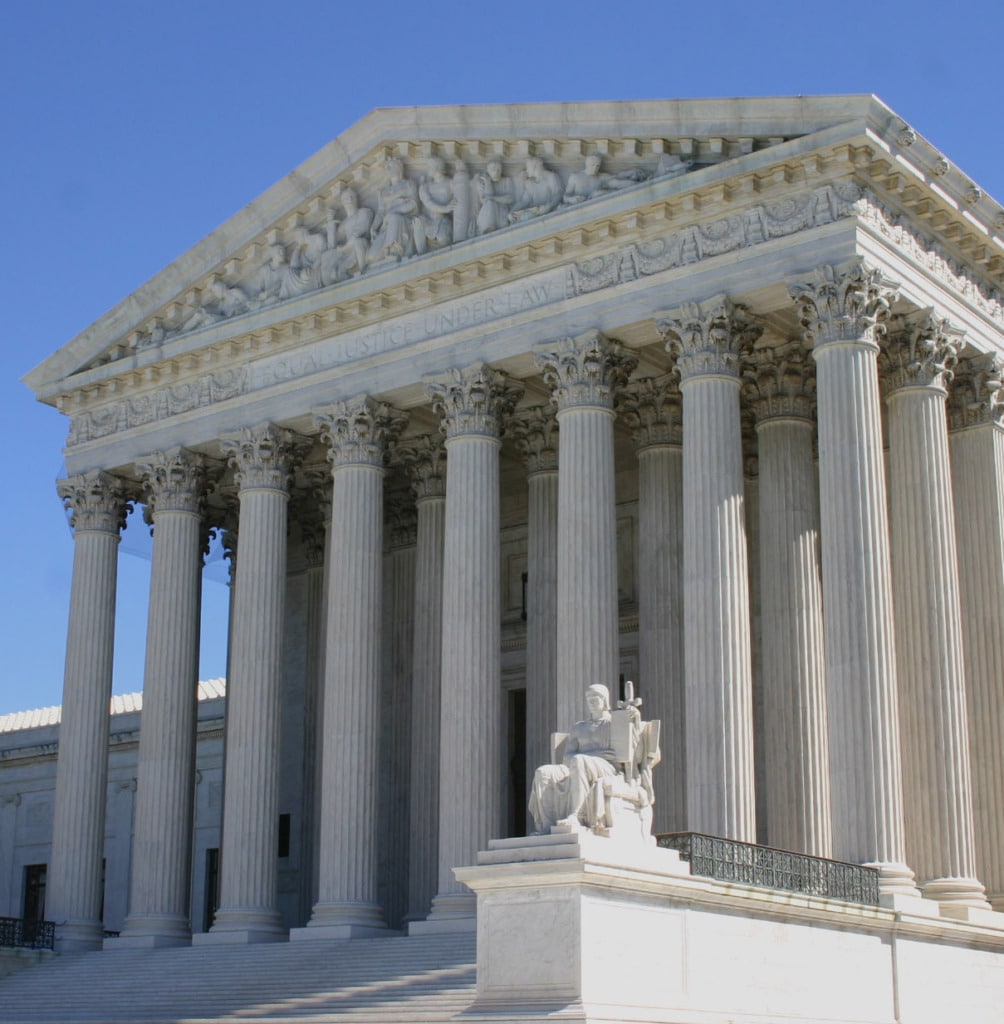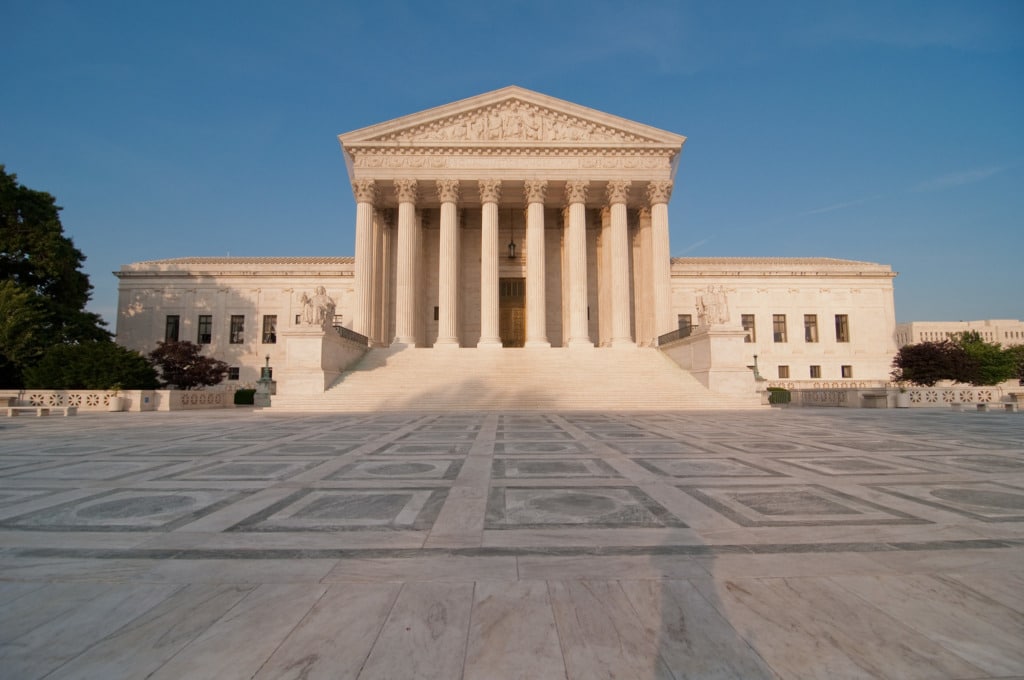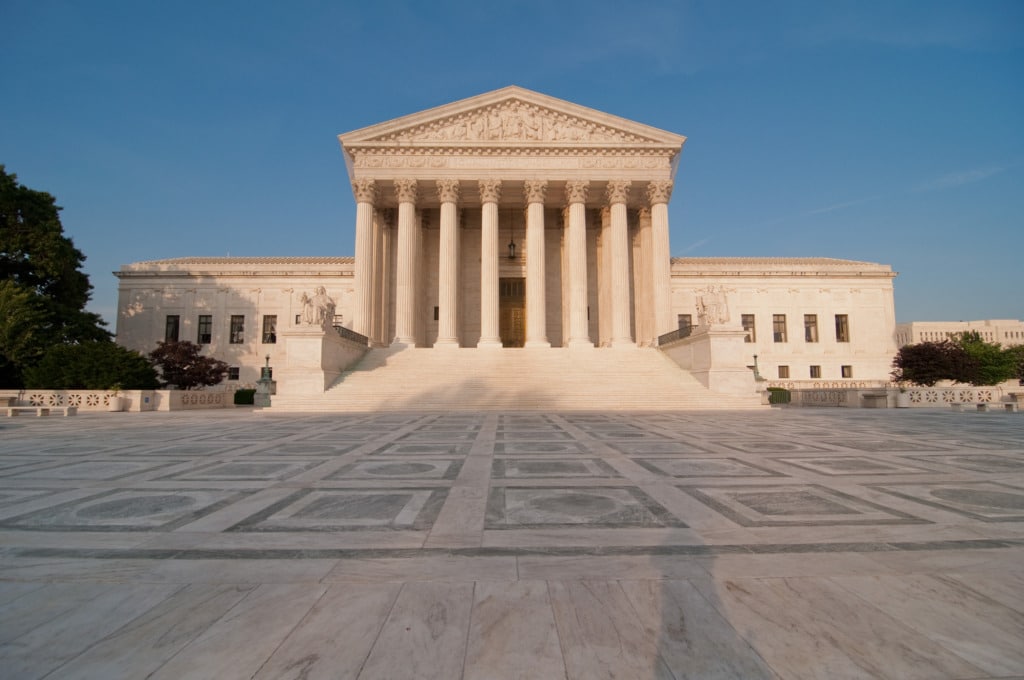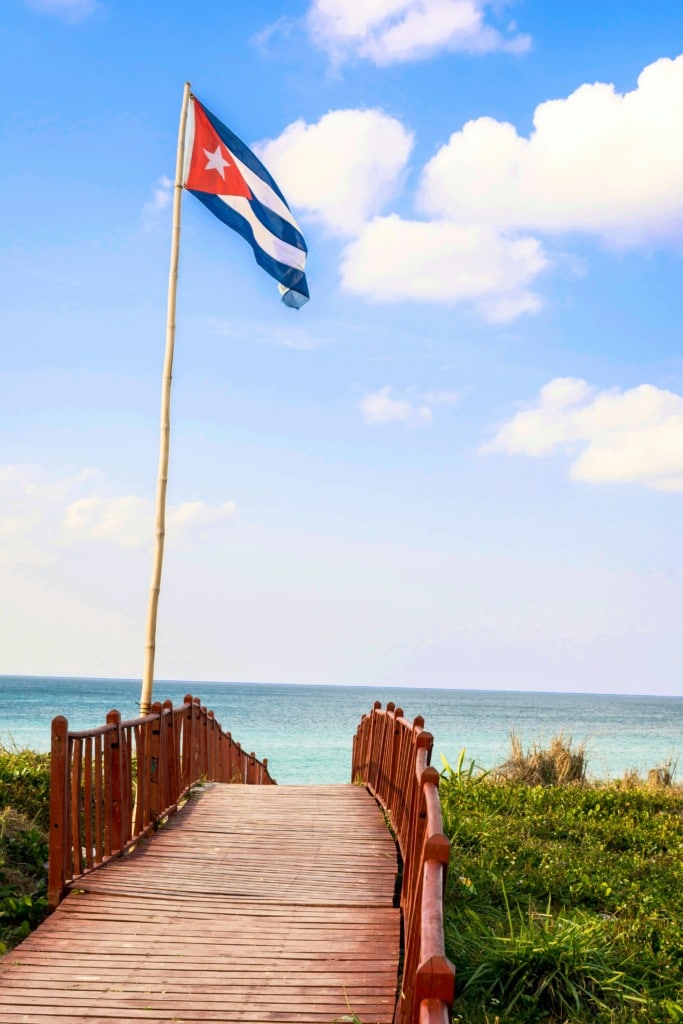Preview of Supreme Court Arguments in Helms-Burton Act Cases: Havana Docks and Cimex
On February 23, 2026, the Supreme Court will hear oral arguments in Havana Docks Corp. v. Royal Caribbean Cruises and Exxon Mobil Corp v. Corporación Cimex. Prior coverage is here, here, and here. The Helms-Burton Act cases slated for argument on February 23 present the following two questions: Question 1: The issue before the Court…
Continue ReadingTransnational Litigation at the Supreme Court, October Term 2025
Today is the first day of the Supreme Court’s October Term. This post briefly discusses transnational litigation cases in which the Court has already granted cert, as well as others that are in the pipeline and could be decided this Term. Cases in which the Court Has Granted Cert So far, the Supreme Court has…
Continue ReadingFlorida Judge Sets Aside Historic Helms-Burton Verdict
More big news in the hot new topic in transnational litigation: the Helms-Burton Act. A Florida district court has set aside the historic $120 million jury verdict awarded to a Cuban-American plaintiff against hotel booking services. The judge held that the plaintiffs offered insufficient evidence that the defendants had “knowingly” “traffic[ked]” in confiscated property. Background…
Continue ReadingTrump Administration Backs Helms-Burton Plaintiffs in Two CVSGs
Last week, the Solicitor General filed briefs recommending that the Supreme Court grant review in two cases under the Helms-Burton Act. Passed in 1996, Helms-Burton allows U.S. nationals who own claims to property expropriated by Cuba to sue any person who traffics in such property, potentially for three times the value of the claim. Under…
Continue ReadingA Win for Helms-Burton Plaintiffs, But Potential Loss for US Companies
On July 30, 2025, the U.S. Court of Appeals for the Eleventh Circuit vacated a district court’s decision dismissing José Ramón López Regueiro’s case against American Airlines and LATAM Airlines under Title III of the Helms-Burton Act. The court of appeals remanded, holding that the district court’s interpretation of the citizenship prerequisites in Helm-Burton conflicted…
Continue ReadingRecent Developments in Helms-Burton Litigation
It is a busy time in the Helms-Burton world. With a $29.8 million jury award in Florida, major developments in the law of personal jurisdiction, several notable court of appeals decisions, and two recent CVSGs, there is a lot going on. That stands to reason. It was 2019 when the first Trump administration lifted the…
Continue ReadingFuld’s Implications for the FSIA (and Other Federal Statutes)
In Fuld v. PLO, the U.S. Supreme Court held that “the Fifth Amendment does not impose the same jurisdictional limitations as the Fourteenth.” This means that Congress may authorize federal courts to exercise personal jurisdiction over defendants that state courts may not constitutionally reach. In Fuld, the Court upheld the constitutionality of the Promoting Security…
Continue Reading$29.8 Million Judgment in First-Ever Helms-Burton Jury Trial
A Cuban-American plaintiff has won a major jury verdict in the Southern District of Florida against four corporate defendants associated with Expedia Group. The case involves an island off the coast of Cuba, which the plaintiff, Mario Echevarría, claimed was expropriated from his family in 1959. The defendants provided digital platforms that allowed travelers to…
Continue ReadingHelms-Burton’s Statute of Repose
Helms-Burton plaintiffs just can’t seem to catch a break. They have struggled to establish personal jurisdiction over foreign defendants, run into issues of foreign sovereign immunity, and found that their property rights have expired. Now, the Second Circuit has held that the Helms-Burton Act’s statute of repose blocks claims more than two years old. Congress…
Continue ReadingEleventh Circuit Reverses Helms-Burton Judgments
On October 22, 2024, the U.S. Court of Appeals for the Eleventh Circuit overturned judgments of more than $100 million each against four U.S.-based cruise lines under the 1996 Helms-Burton Act. The decision is another example of just how difficult it has been for plaintiffs to recover under the act since President Trump allowed suits…
Continue Reading






